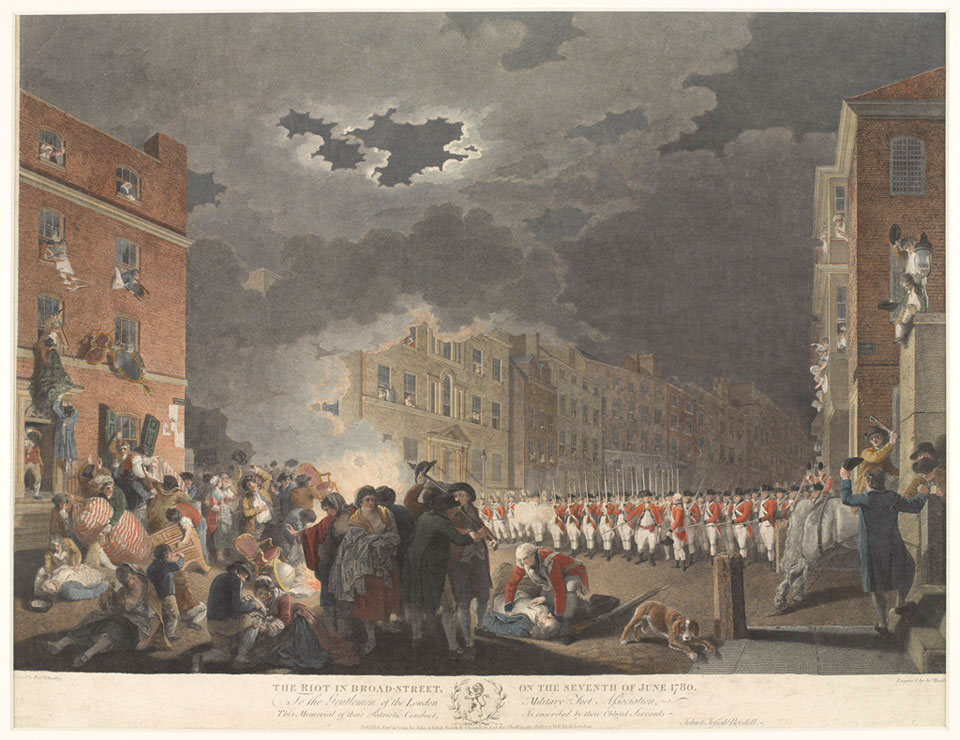To Queen Aretha Louise Franklin, With Love
August 17, 2018

When Aretha Franklin remade Otis Redding’s 1965 song, “Respect,” in 1967, she transformed a sexist song of domestic submission into an empowering anthem for the civil rights and women’s rights movements. It became a ballad for the people, especially anyone who was or is marginalized or oppressed and, quite frankly, sick and tired of feeling sick and tired. Franklin wrote in her autobiography Aretha: From These Roots, “It was the need of a nation, the need of the average man and woman in the street, the businessman, the mother, the fireman, the teacher—everyone wanted respect.”
My young and hip music-loving mother introduced me to the Memphis-born, Detroit-raised beauty’s gospel-rooted vocals as a child in the late 1970s. In addition to simply adoring the Queen of Soul’s liberating songs, to me, Miss Franklin represented the agency, talent, commanding voice, smarts, and grace all women, especially women of color, could achieve. It is also imperative to note that Aretha Franklin did not suffer fools gladly and, as Alex Abad-Santos reported in Vox, Miss Franklin was notorious for her clapbacks, even via fax: “…if you come for the Queen of Soul, you better not miss.”
Upon the news of Miss Franklin’s passing from advanced pancreatic cancer on Thursday, August 16, 2018, The New York Times opened up their Reader Center to find out what Aretha Franklin meant to readers along with a moving obituary. The legion of musicians, activists, and ordinary people Miss Franklin influenced and inspired is vast, especially if you scroll through the comments’ section of the Times: a survivor of abuse who found the strength and conviction to demand respect, a gay man coming of age in Los Angeles finding solace and recognition in his voice during the turbulent 1960s, the last voice a dying mother heard in hospice from the Queen’s third album, Amazing Grace, the sonic embodiment of the “definition of blackness,” especially as Miss Franklin sang “(To Be) Young, Gifted, and Black,” singing “Precious Lord” at Dr. Martin Luther King, Jr.’s 1968 funeral and later singing for family friend and gospel legend Mahalia Jackson’s funeral in 1972, receiving a 2005 Presidential Medal of Freedom, and reminding so many listeners to honor their worth and get their due.
In my home hangs an illustration of Aretha Franklin by artist Chris Reccardi performing at the Hollywood Bowl in Los Angeles on June 26, 2009. This print is as close as I ever came to seeing the Queen perform live, but I know why my best friend gifted me this artwork. Since I was young I have turned to Aretha Franklin’s music to give me the courage and strength my life required. So, in Miss Franklin’s honor, listen to and savor “Skylark,” a song so majestically sung by Franklin that Sarah Vaughn told Etta James she would never sing the Johnny Mercer and Hoagy Carmichael standard ever again. Aretha Franklin was, and is, just that good.





